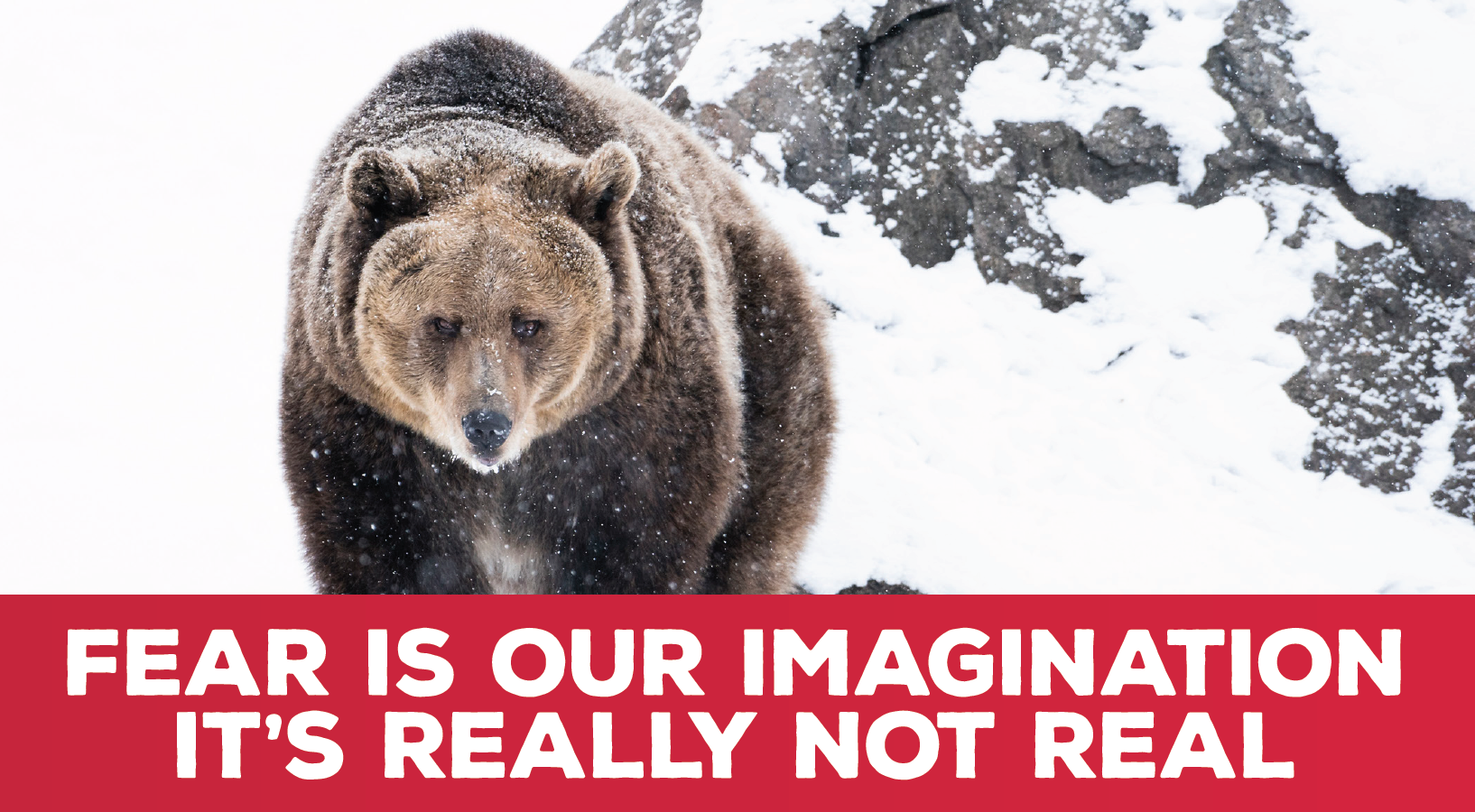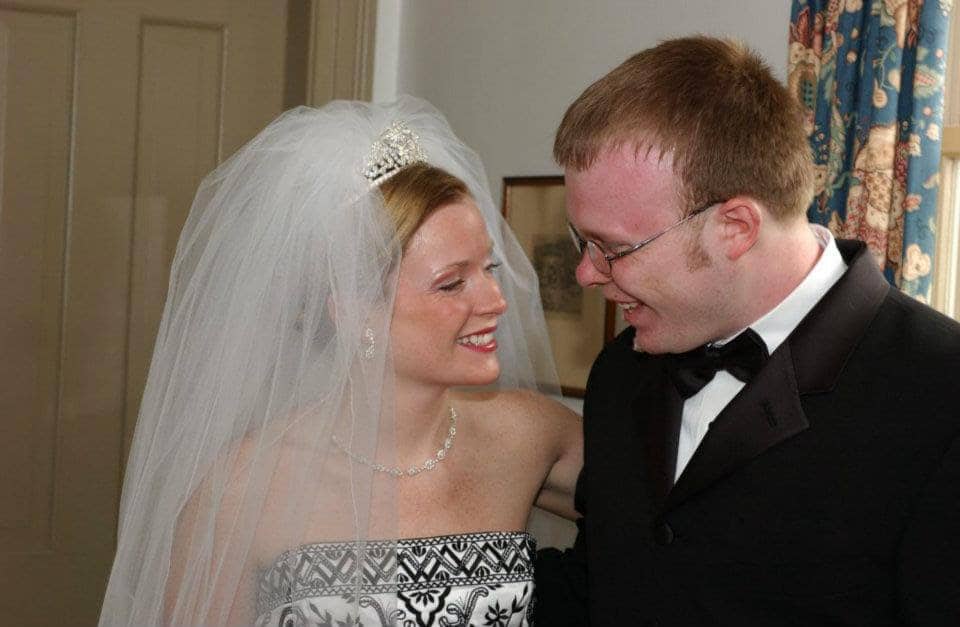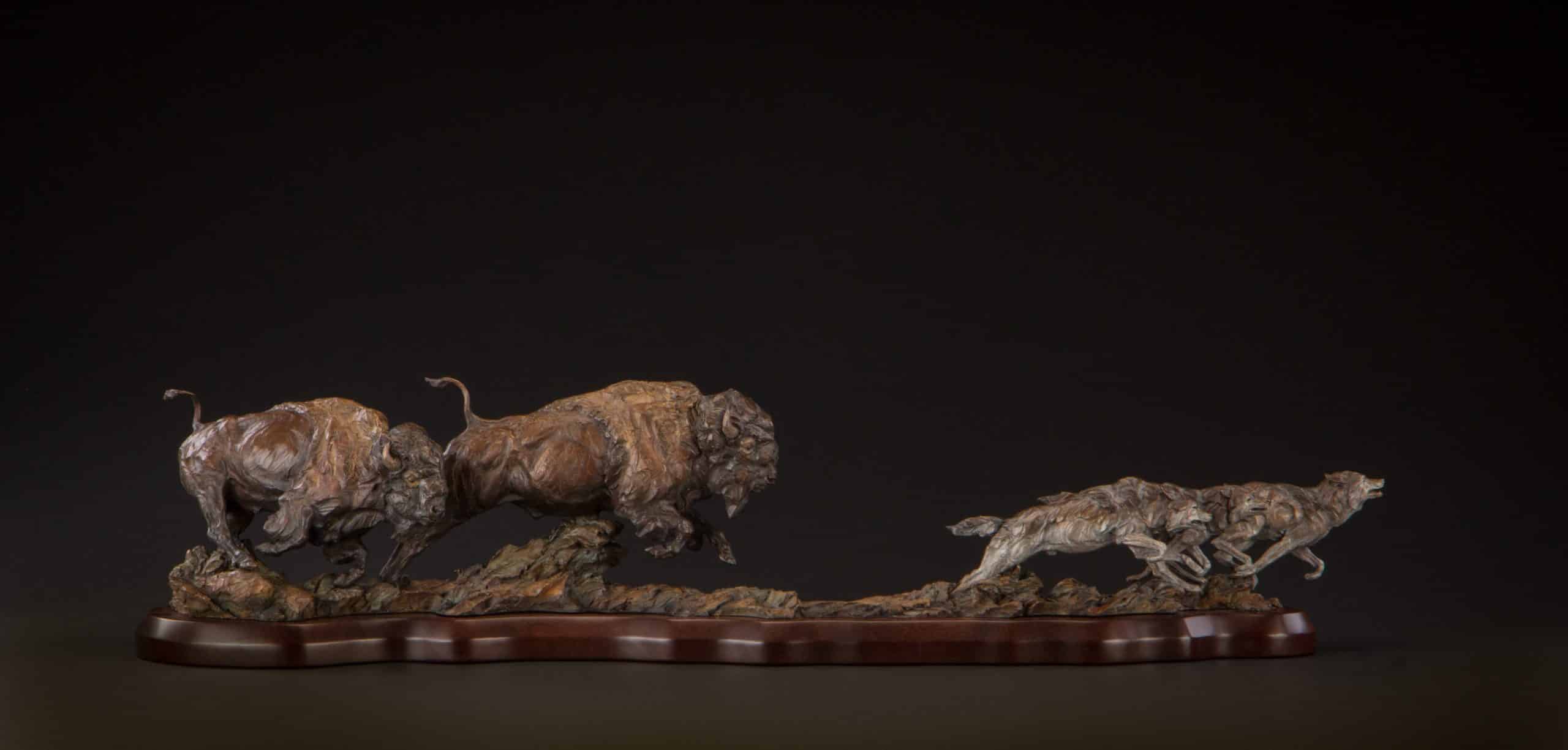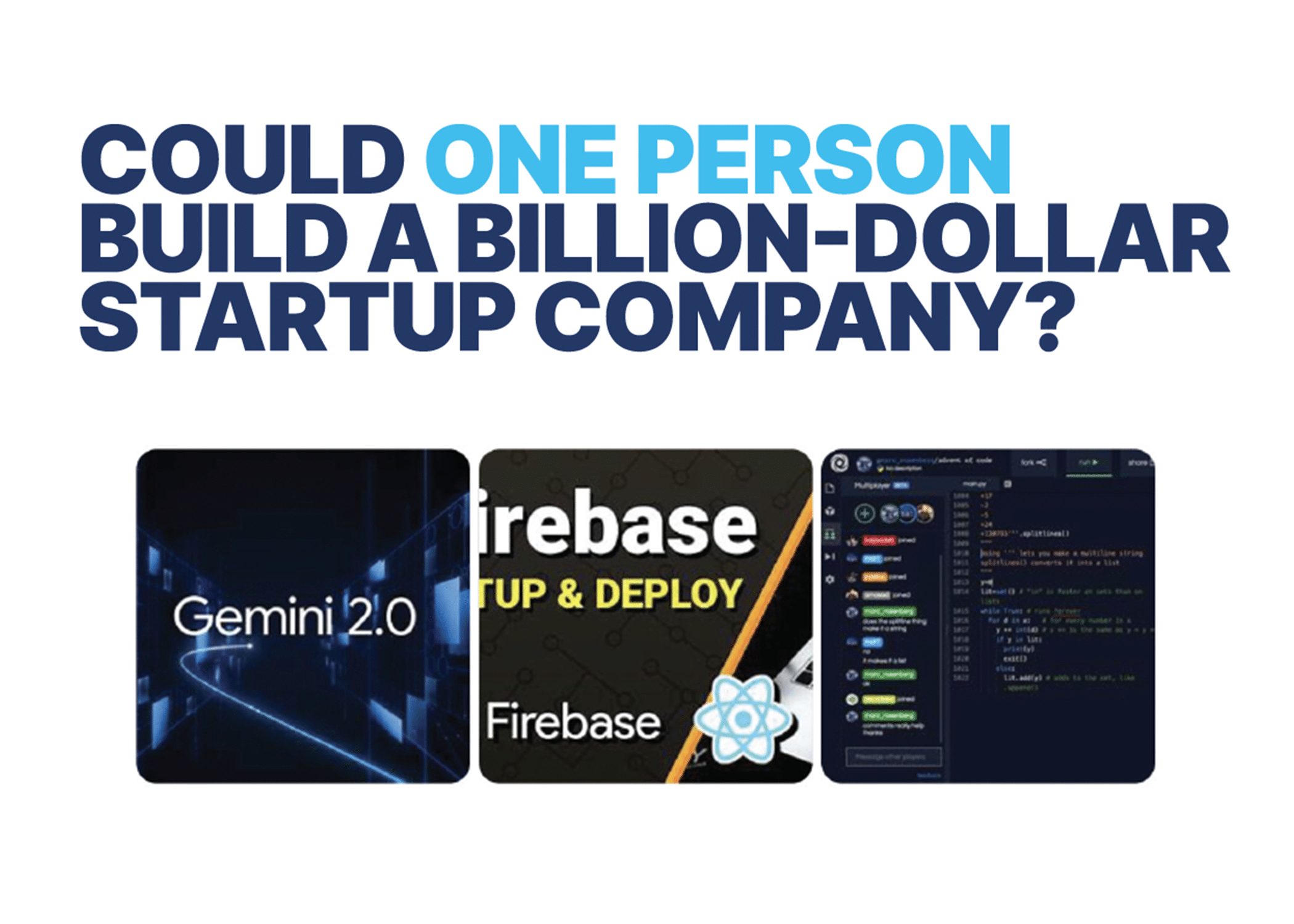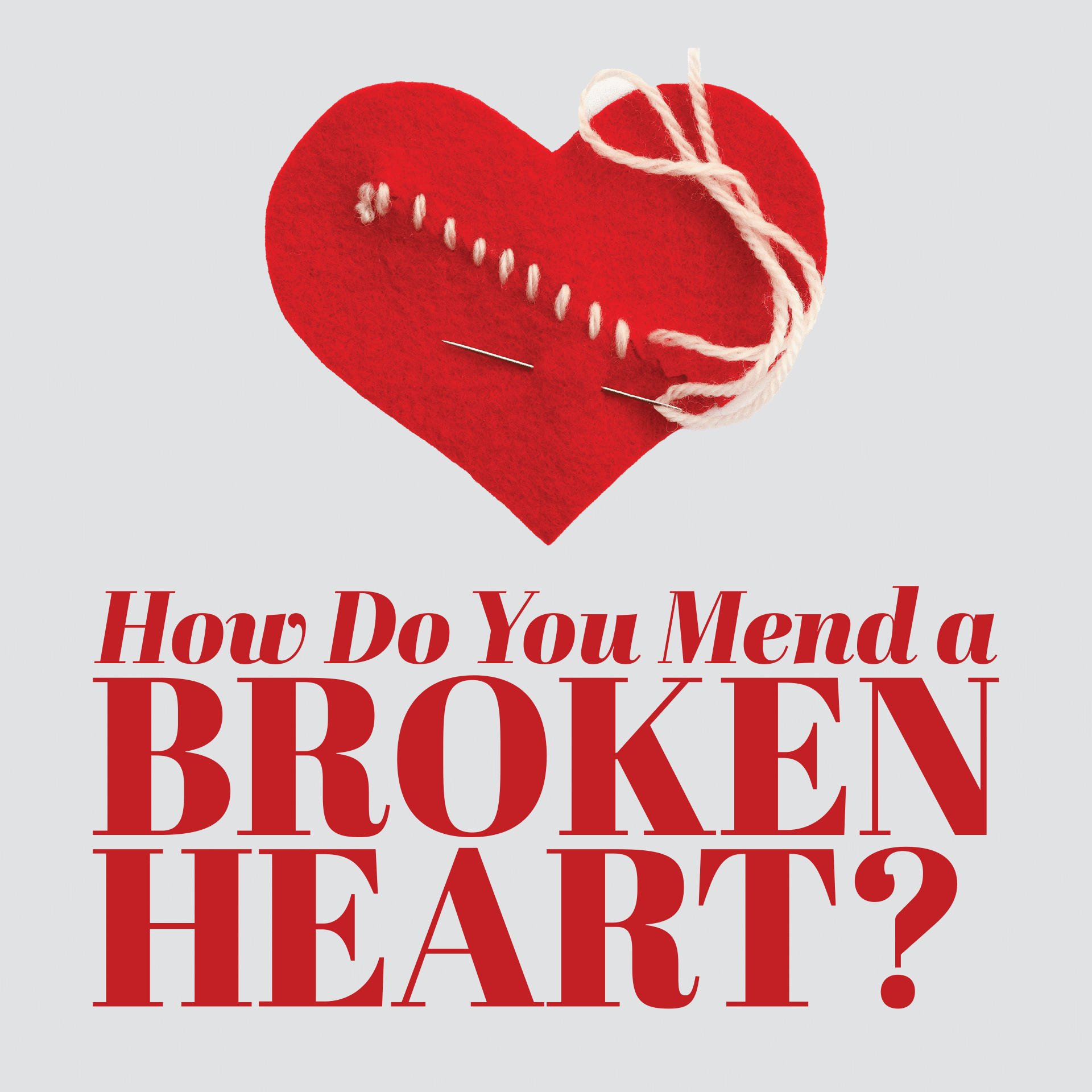Have you seen the movie, The Edge? Super-smart billionaire Charles Morse (Anthony Hopkins) and fashion photographer, Bob Greene (Alec Baldwin) endure a harrowing quest for survival in the treacherous Alaskan wilderness.
It’s a tale of fear, suffering, duplicity, backstabbing, infidelity, and avoiding being mauled by a man-eating grizzly. If you enjoy trying to extract underlying messages from scripting, this movie is a lesson on how to triumph when faced with fear.
The movie begins at a remote backcountry lodge, accessible only by seaplane, Morse, Greene, and Greene’s assistant hire a pilot to fly them upriver in search of a photogenic Native American grizzly bear hunter. Suddenly, a flock of birds slam head-on into their single engine tail-dragger bush plane, smashing through the windshield, first blinding, then killing the pilot.
The crippled aircraft careens violently out of control. Shearing off a pontoon, barely missing a jagged mountain peak, the clearly doomed plane plunges into the icy water of an isolated Alaskan lake.
While the pilot is dead, the three others survive, breaking free from the sinking plane, clawing their way to the lake surface. As the movie unfolds, surviving the horrific crash, constantly on the verge of freezing to death, borderline starvation, rain and snowstorms, and beyond bitter cold become mere inconveniences compared to eluding a vicious and cunning, man-eating grizzly (played by Bart the Bear).
Without ruining the movie by revealing who dies, who lives, who wins, who loses, and the fate of ‘ole Bart, I will tell you about one magnificently written, wonderfully orchestrated scene.
The message it conveys is a compelling illustration of the power of fear to influence, intensify and ultimately define what we make of our lives. This riveting sequence is not only a memorable example of how to overcome fear, it exemplifies how to excel in the face of fear.
As you read the actors’ dialogue, remember these words:
Fear is our imagination… it’s really not real.
We’re halfway into the movie. Frigid weather, starvation, exhaustion and repeated bear attacks have taken their toll. Greene is a beaten man, resigned to starving to death or being eaten alive by the incessant grizzly. He is ready to give up, lies down and succumbs to his perceived reality of “game over.”
Morse resolutely turns and looks at Greene with icy fire in his piercing blue eyes. He calmly and resolutely states, “I’m going to kill the bear.”
“You’re going to what?!” screams Greene incredulously.
“What one man can do, another can do,” Morse firmly barks. “Repeat after me,” he commands Greene. “Say it! What one man can do another can do. I’m going to kill the bear!”
Back and forth they go, repeating time and again with increasing amplitude and escalating belief, “What one man can do, another can do. I’m going to kill the bear.”
“WHAT ONE MAN CAN DO, ANOTHER CAN DO. I’m going to kill the bear.”
What happens next? I won’t spoil it, but I will tell you that Morse and Greene reprogram their minds from loser to winner. They unlock their fear-induced paralysis and invigorate themselves to a supreme level of focus, intensity, and grit, a level of determination few reach.
This is more than simple courage. Courage is acting when we are afraid. This is bigger (and more powerful) than that. It is believing in triumph, seeing ourselves confidently undertake a terrifying endeavor few would dare, and then WIN BIG.
What really is fear? Think about it. Isn’t it allowing our mind to fast forward and visualize a bad result? Fear turns our minds into a packed theatre that’s hosting a tragic play, with us becoming the embarrassed loser on stage.
Isn’t fear just negative visualization… a nightmarish story that unfolds in our head, a mental shipwreck with us at the helm?
Reprogramming our minds to visualize a triumphant end not only helps us overcome fear, it’s the golden ticket to performing better in the face of fear (i.e. delivering an inspiring speech that concludes with a standing ovation).
Fear isn’t always bad. One type is healthy. It prevents us from stupidity and protects us from harm. It’s smart to be afraid of walking into a lion’s den. It’s smart to fear driving at ridiculous speeds.
But another type can be crippling, and it’s the most prevalent. That’s being afraid of rejection and embarrassment because we ask and people say no, or we go for it and fail. This is “mental bruise fear,” and it’s what so often holds us back in life.
We all encounter fear. The question is can we rewrite that negative script in our mind?
Will your speech be a hit? Will the beautiful blonde say yes? Will the difficult prospect sign the contract?
There are no guarantees, but your odds of success will improve if you reprogram your mind to see yourself killing the damn bear.

